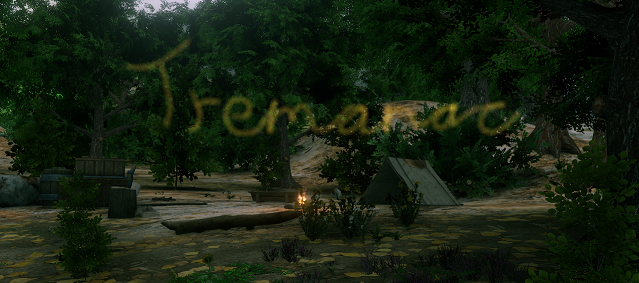Orator
Those skilled in addressing groups of people and inspiring them with words.
Perception
Purpose
Orators are expected to deliver speeches to groups from a few dozen to possibly hundreds or even thousands. They use these speeches to downplay or shift responsibility for bad news, make small wins seem like grand victories, and stir up sentiment against threats.
Social Status
Many of those trained as Orators do not acknowledge it publically. Typically monarchs, generals, and the leaders of the churches are discreetly trained in this profession so that they can maximise the impact they have on their followers.
Those who make oratory their primary profession are usually employed by the nobles to help reinforce the main messages they want to deliver. Skilled orators are in high demand in many lands. Those in lands that operate under a feudal system can expect to receive the patronage of a noble and earn a comfortable living. Those in lands with a democratic system can make their way as either a representative of a group of people or an assistant to such a representative.
History
During the first age the being able to speak well was seen as a talent rather than something that could be learned. Some went so far as to consider an ability to gain a crowd's attention and support to be a divine blessing. Several rulers were even overthrown simply because they couldn't inspire their people when they appeared in public.
This changed during the second age when a period of peace and prosperity allowed for an increased level of study of history and how people react to different influences. Common themes were indentified in records of renowned speeches and how respected speakers used their voices. This led to the publication of Sarissa Thyne's On the Proper Use of the Voice. While it never drew much public attention this guide became required reading for those aspiring to rule.
Over the next couple of hundred years there emerged a group of tutors who specialised in teaching speech writing and speaking. There was a huge demand for their skills and the better known ones (known to the nobility at least) could name their own price. Realising how useful these skills could be to subordinates as well as themselves some rulers began employing people to act as writers and backup speakers leading to the creation of the precusor to the modern orator.
The role of orator was revived during the third age as The Empire expanded. It was during this period that magic was brought into the role. It had long been known that some singers and storytellers would use magic to enhance their audience's engagement, but this hadn't been considered suitable for orators as people might react badly to being magically manipulated.
Niilliar Gemflower, a tutor in the Ancient Kingdom of the Forest considered the rejection of magic to be a bit self limiting and set about finding spells that could be used to subtly enhance a speech without causing any resentment. Nilliar prepared a curriculum of minor spells that could be cast as part of a speech that would enhance the voice to make the speaker easier to here and to boost the force of their personality. These spells became a standard part of the training for orators and are still used in the fourth age.
Type
Political



Comments